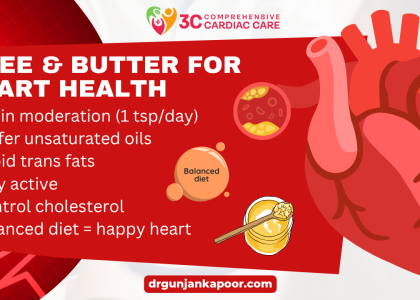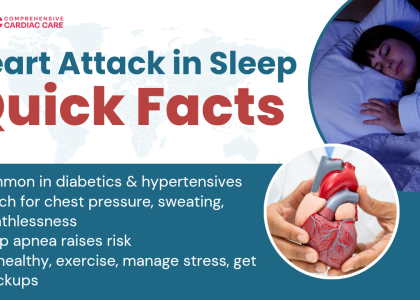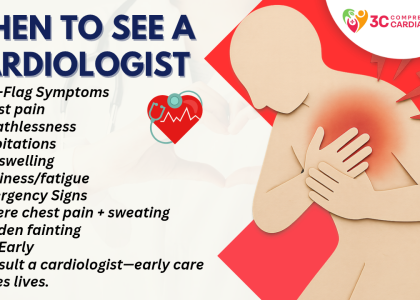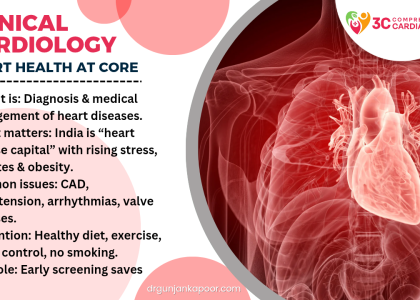It’s important to see a cardiologist under various circumstances. Here are some common situations when you might need to see a cardiologist:
- Family History:
- A family history of heart disease, especially if it occurs before the age of 50, can indicate a genetic predisposition to cardiovascular issues.
- Chest Pain:
- Chest pain can have various causes, including heart-related issues. If you experience persistent chest pain or discomfort, especially if it radiates to your arm or jaw, it could be a sign of a heart issue. It’s crucial to have chest pain evaluated by a healthcare professional promptly.
- High Blood Pressure and High Cholesterol:
- Both high blood pressure and high cholesterol are significant risk factors for heart disease. Regular monitoring and management are essential.
- Smoking:
- Smoking is a major risk factor for heart disease. If you smoke, quitting can significantly improve your cardiovascular health.
- Diabetes:
- Diabetes is associated with an increased risk of heart disease. Controlling blood sugar levels is crucial for cardiovascular health.
- Irregular Heartbeats (Arrhythmia):
- Too slow or too fast heartbeats (arrhythmias) can be indicative of underlying heart issues and should be assessed by a cardiologist.
- Breathlessness / Shortness of Breath:
- Breathlessness at rest or during exertion may indicate problems with the heart or lungs and requires evaluation.
- Palpitations:
- Palpitations, or the sensation of rapid, strong, or irregular heartbeats, should be investigated, as they can be a symptom of various heart conditions.
- Kidney Disease:
- Kidney disease and cardiovascular health are closely linked. Kidney issues can contribute to heart problems and vice versa.
- Exercise Schedule:
- Before starting a new exercise regimen, especially if it is intense or unexpected, it’s advisable to consult with a healthcare provider to ensure it is safe for your cardiovascular health.
- Leg Cramps or Pain During Walking:
- These symptoms may be associated with peripheral artery disease (PAD), a condition that affects blood flow to the limbs.
- Previous Heart Issues:
- If you’ve had a heart attack, heart surgery, or other heart-related problems, regular follow-ups with a cardiologist are essential for ongoing care.
- Unexplained Fatigue:
- Persistent fatigue or weakness, especially if it’s unexplained by other factors, may warrant a visit to a cardiologist.
- Swelling in the Legs or Abdomen:
- Swelling in the legs or abdomen may be a sign of heart failure or other cardiovascular issues.
- Preventive Check-ups:
- As part of preventive care, especially if you have multiple risk factors for heart disease, your primary care physician may recommend periodic visits to a cardiologist.
Regular check-ups and early detection can significantly contribute to the prevention and effective management of heart-related issues. Individuals should always consult with their healthcare provider to assess their specific risk factors and determine an appropriate plan for cardiovascular health maintenance and prevention.
Remember, this is not an exhaustive list, and individual health circumstances can vary. Always consult with your primary care physician first, who can then refer you to a cardiologist if necessary. If you experience sudden or severe symptoms, seek emergency medical attention.









